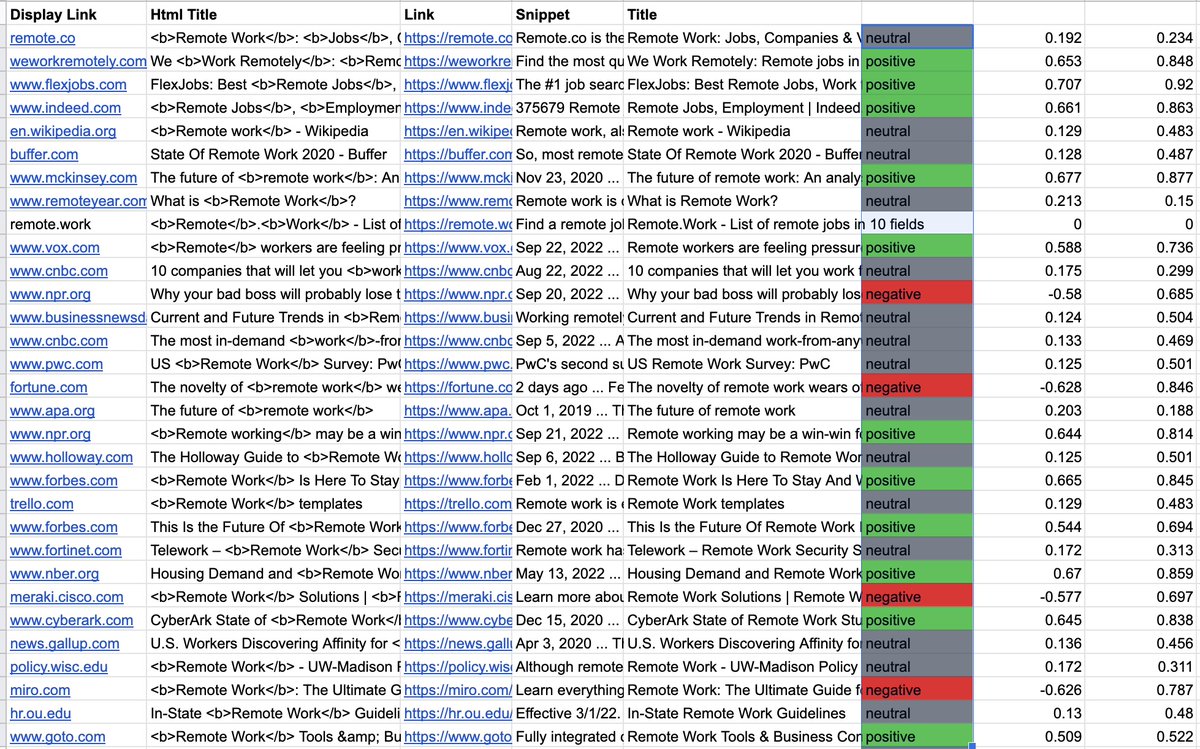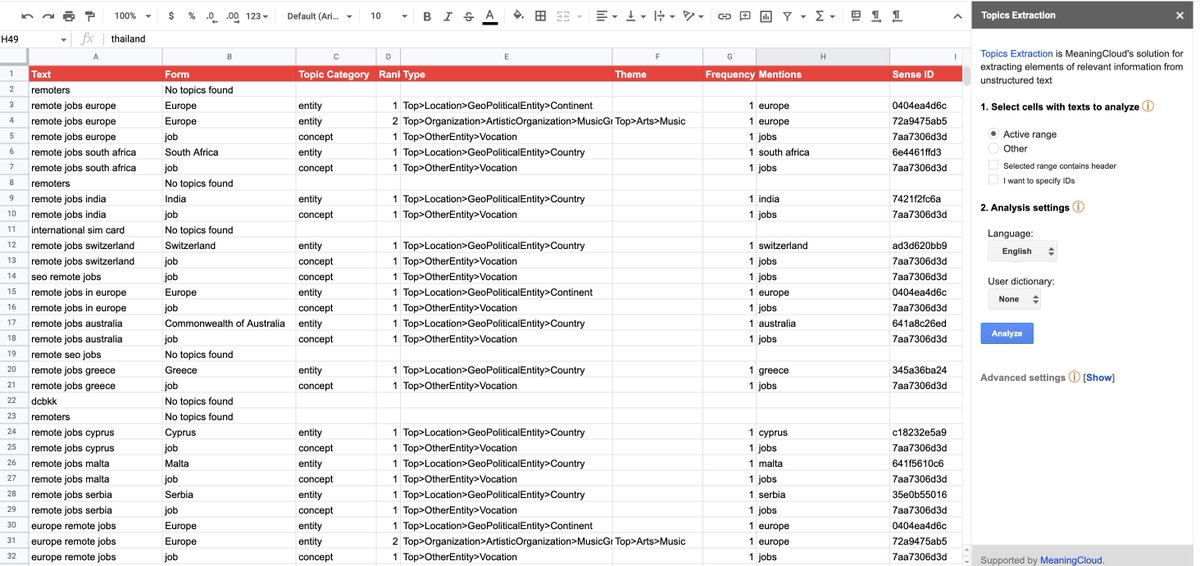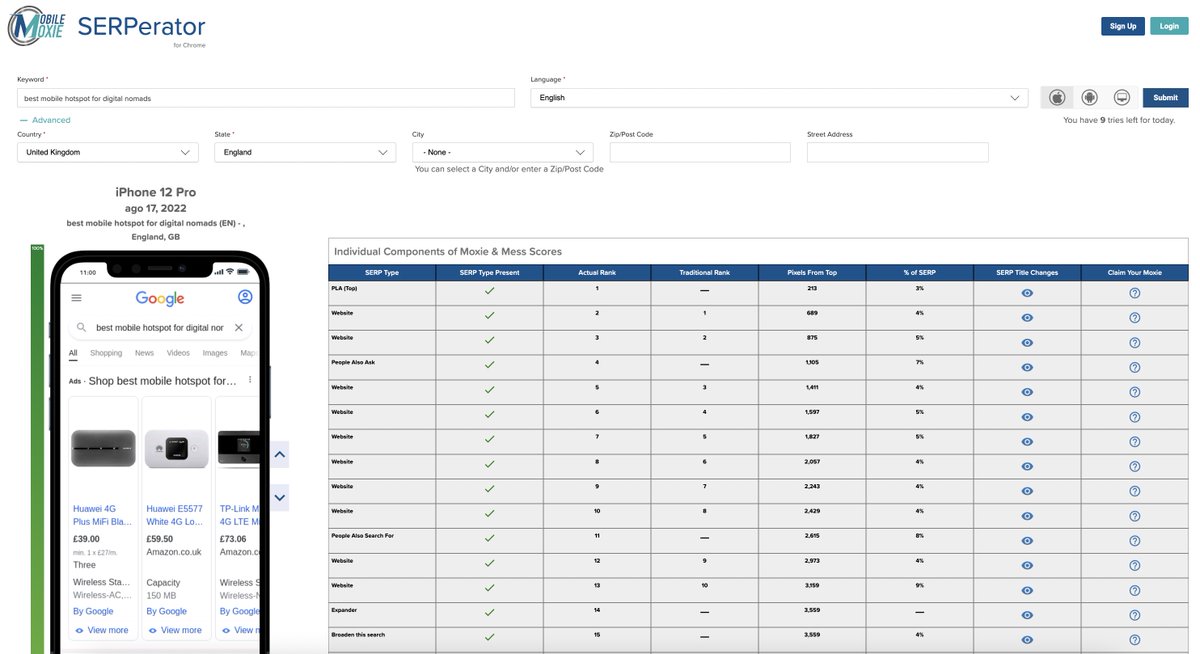SEO Recommendations execution Issues + What to Do for Success in 2023 🚀
The top execution challenges shared in the #SEOFOMO SEO Auditing Survey are:
* Decision makers priorities & understanding
* Org factors
* Tech & overall Constraints
What to do About it? Read on...
The top execution challenges shared in the #SEOFOMO SEO Auditing Survey are:
* Decision makers priorities & understanding
* Org factors
* Tech & overall Constraints
What to do About it? Read on...

1. Enough of recos of +20 pages with complex prioritization that nobody will read. Apply a radical SEO prioritization approach delivering a top 10 actions plan featuring only high-impact executions with an executive summary explaining the “why” and value for the business. 

2. Always establish an SEO quality framework with education (to set an understanding base), validation and monitorization workflows in the organization, to prevent, catch and address issues fast. Do it along the reco's delivery. I've spoken about it here: speakerdeck.com/aleyda/goodbye… 

3. Kill the ambiguous “it depends” and normalize SEO forecasting scenarios based on alternative execution progress to achieve similar results, the implications of one or another approach and set the right expectations if these are not executed. 

4. Always communicate the trade-off of not executing vs competitors, how behind they’ll end up falling & how much the same traffic would cost with PPC, to show how inexpensive/cost-effective SEO actually is vs other channels. 

5. Leverage AI based tools that facilitate the implementation of otherwise complex seo configuration in restrictive Web platforms, such as structured data, internal linking or content consolidation, etc 

6. Leverage Edge SEO solutions to accelerate execution in bureaucratic scenarios to prove value and get buy-in to fully deploy changes; avoid further delays and execute with confidence. 

7. Normalize SEO testing to gain stakeholders support, to show how SEO execution won’t be detrimental and will also improve their own areas, eliminating ego and opinions from their execution. 

...
If you're interested to learn more about these approaches, I'm considering offering a cohort-based, practical online course via the @MavenHQ platform.
Take a look and answer the survey if interested 👀👇
If you're interested to learn more about these approaches, I'm considering offering a cohort-based, practical online course via the @MavenHQ platform.
Take a look and answer the survey if interested 👀👇
https://twitter.com/aleyda/status/1658493736630747136
• • •
Missing some Tweet in this thread? You can try to
force a refresh

 Read on Twitter
Read on Twitter



























